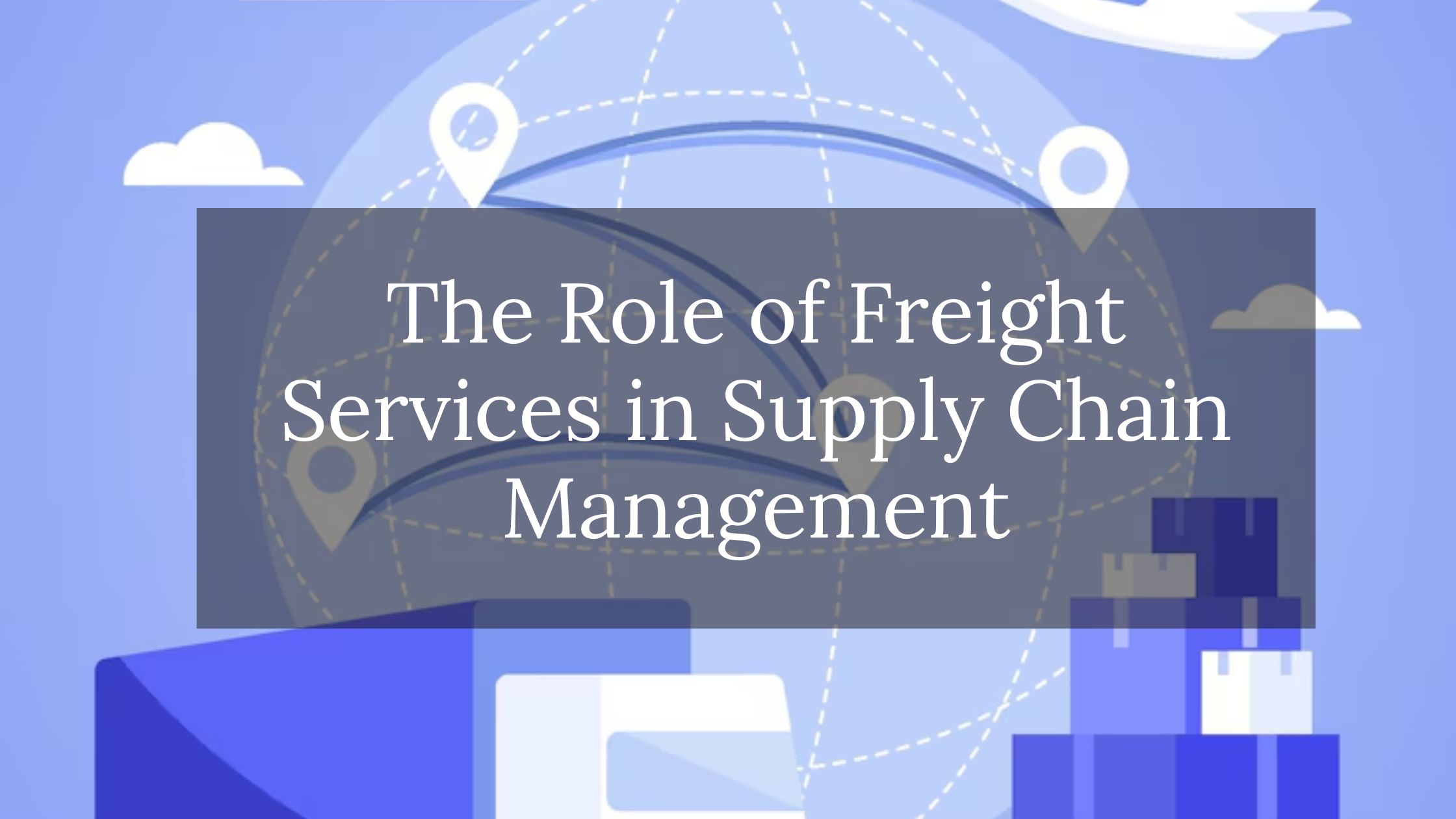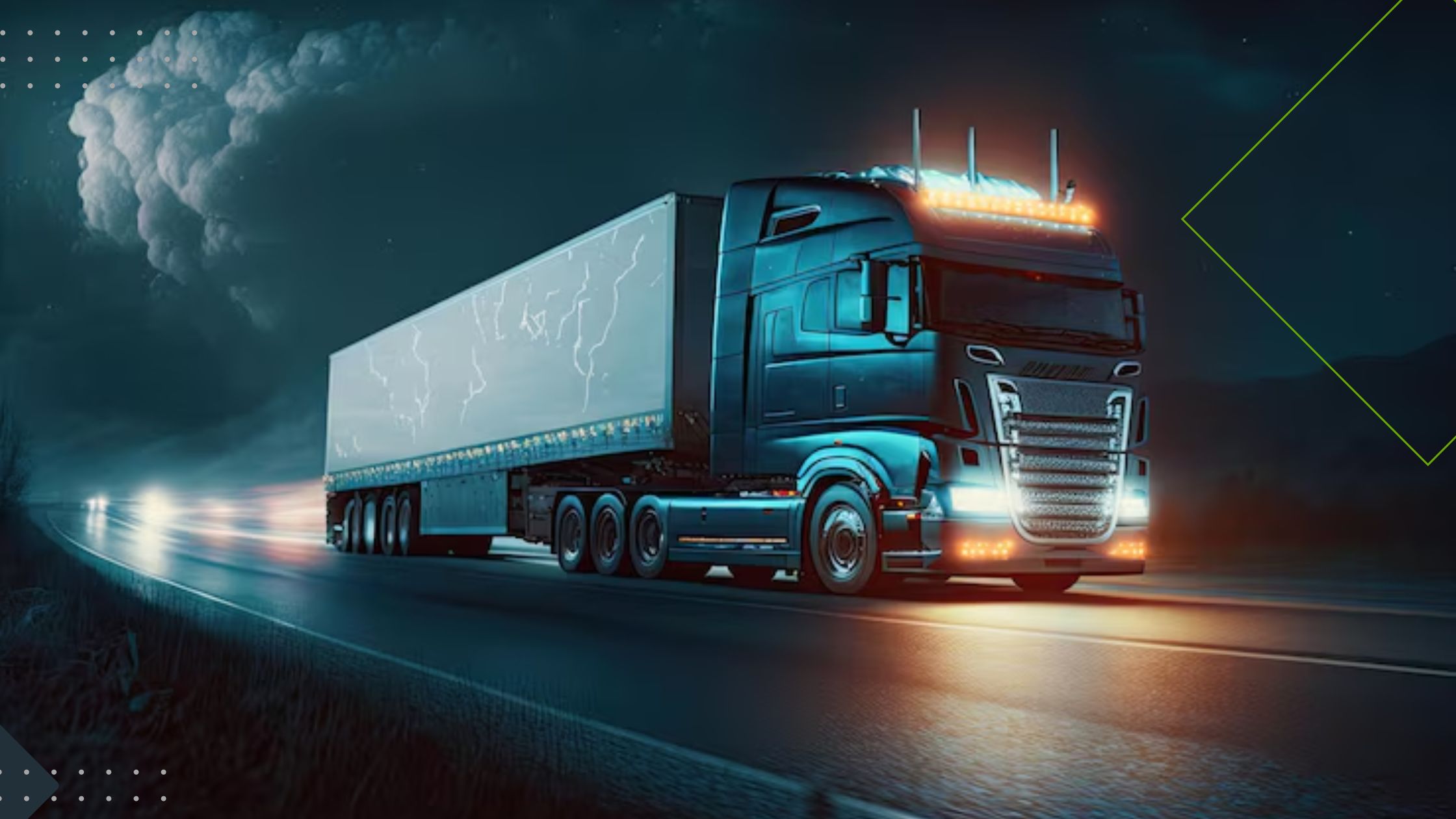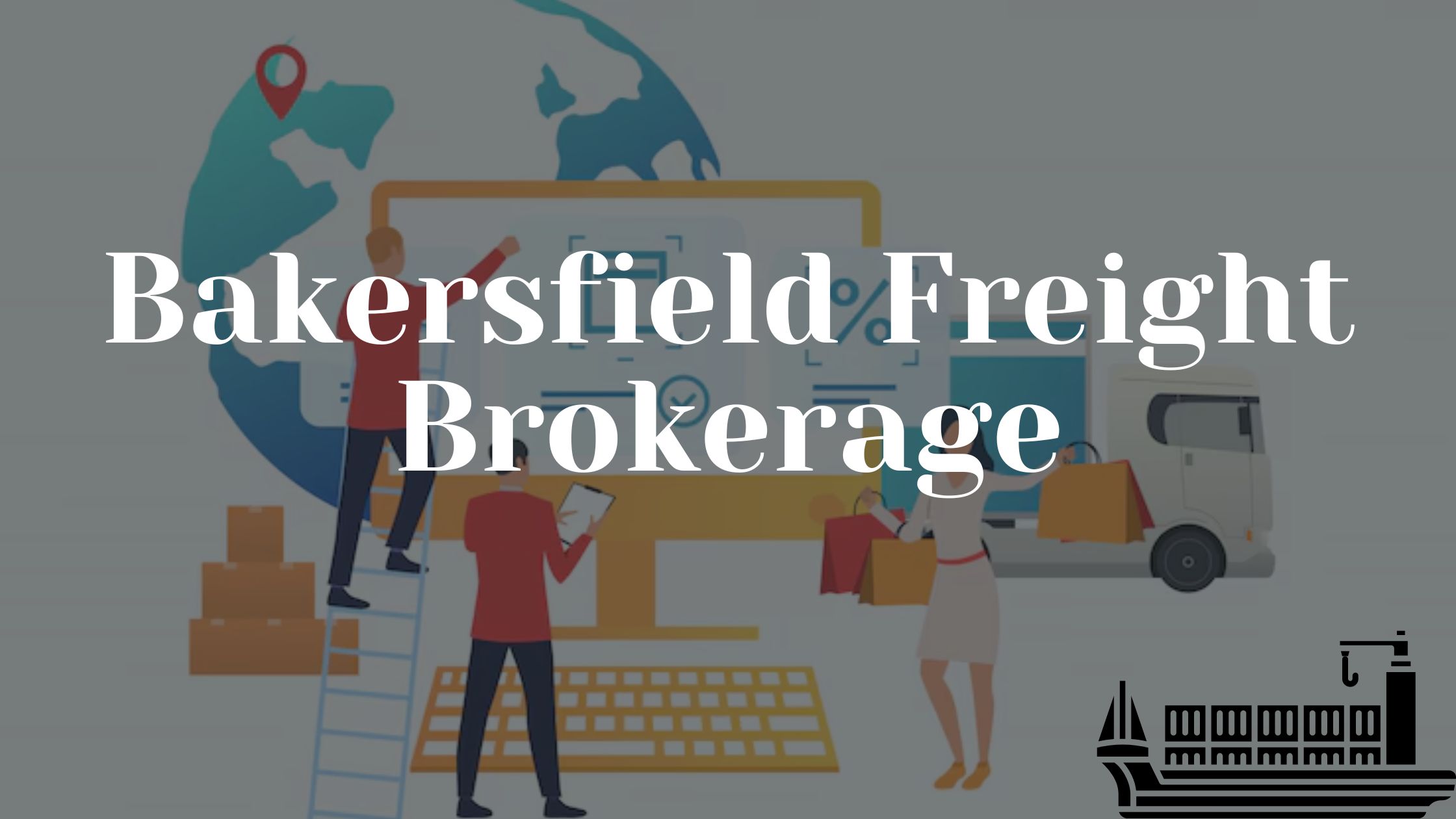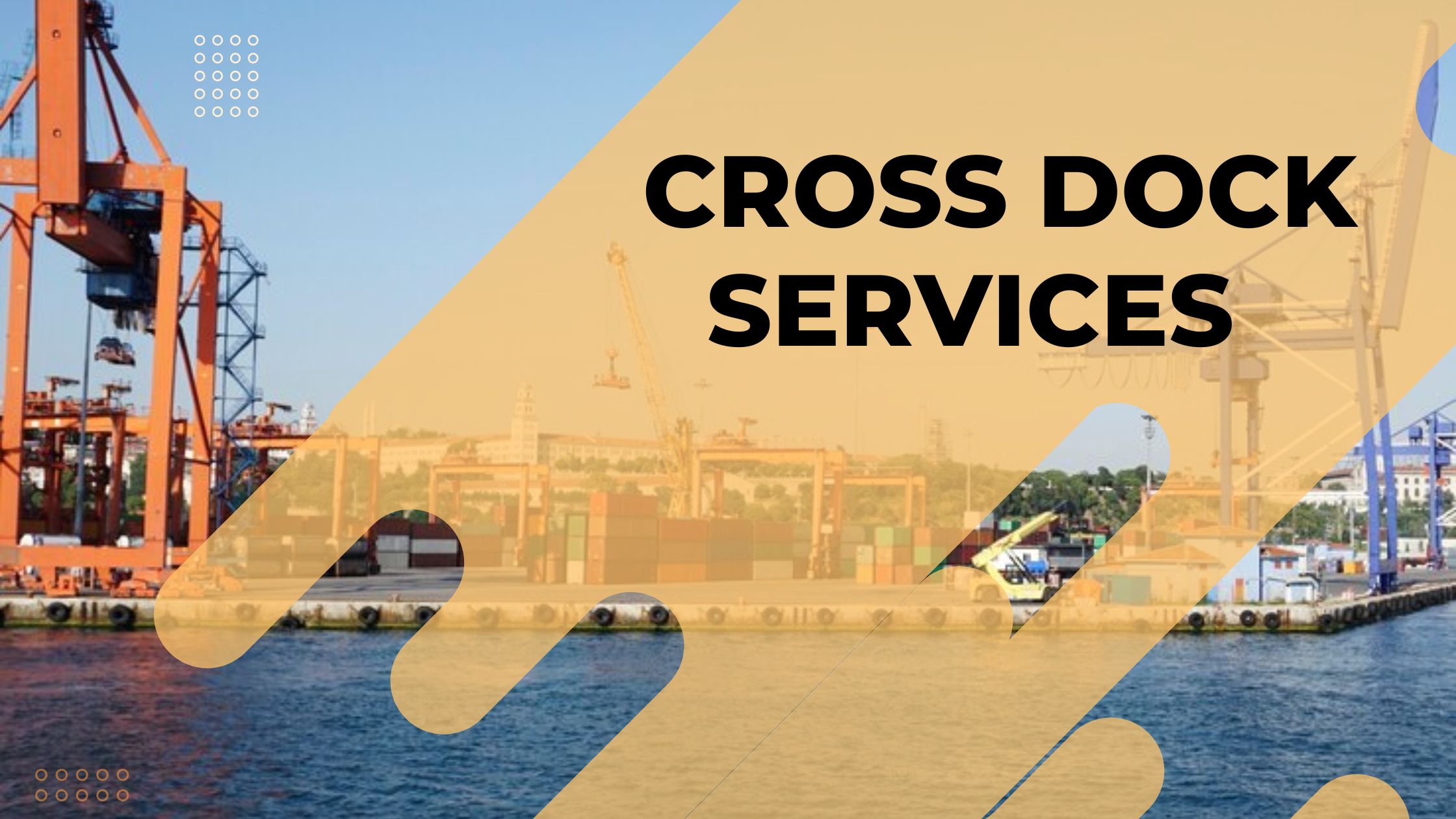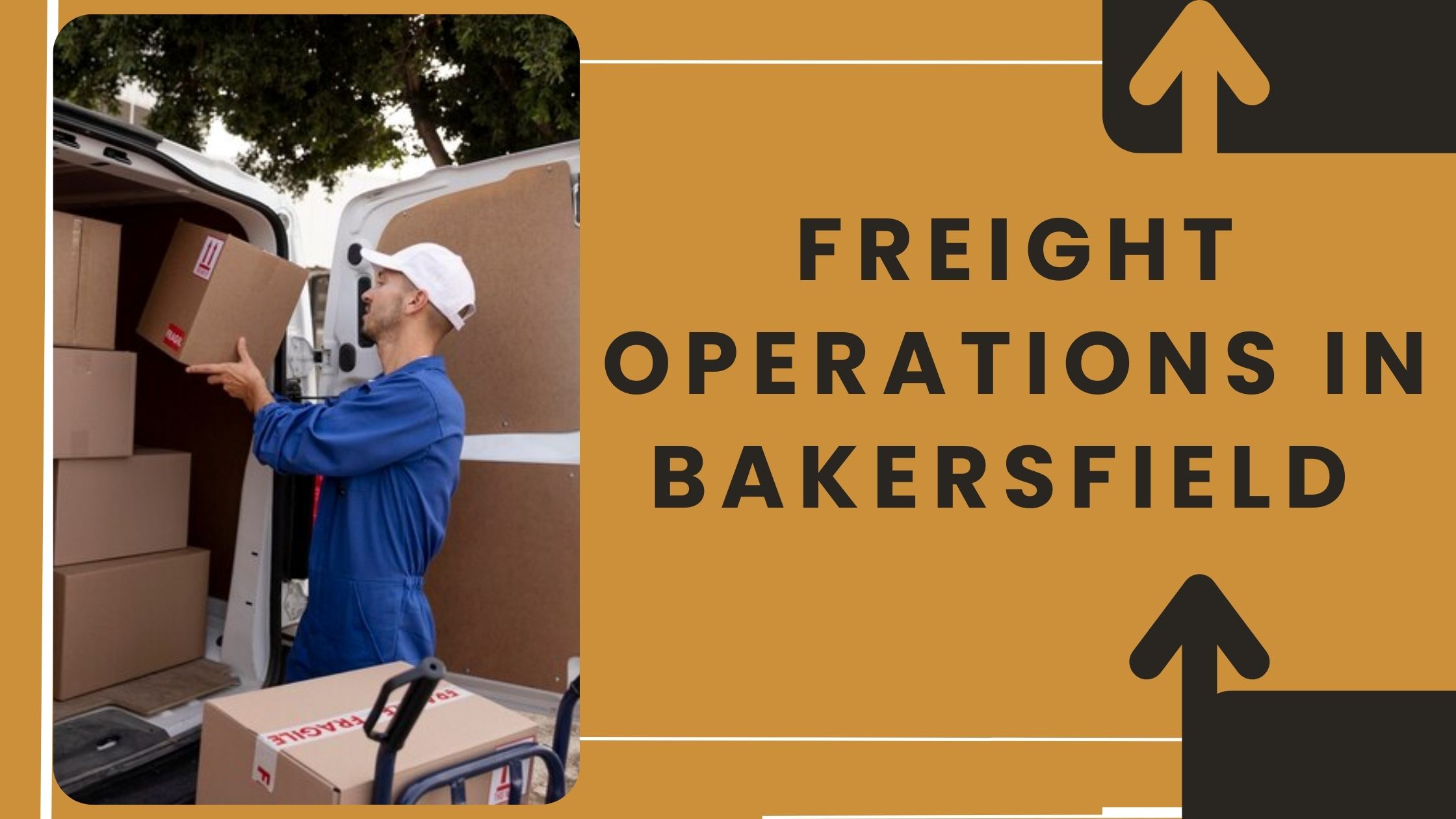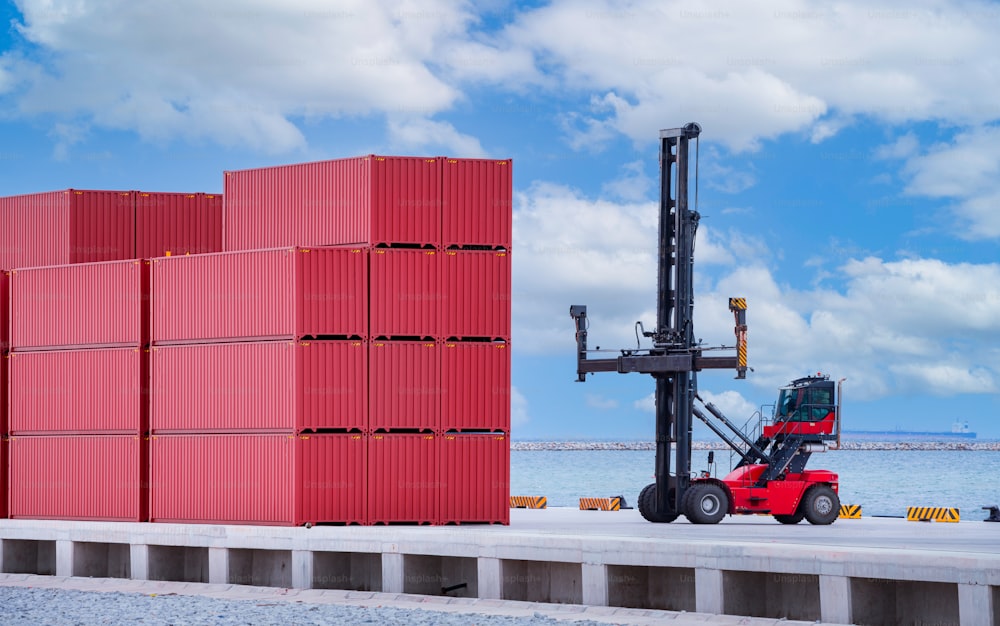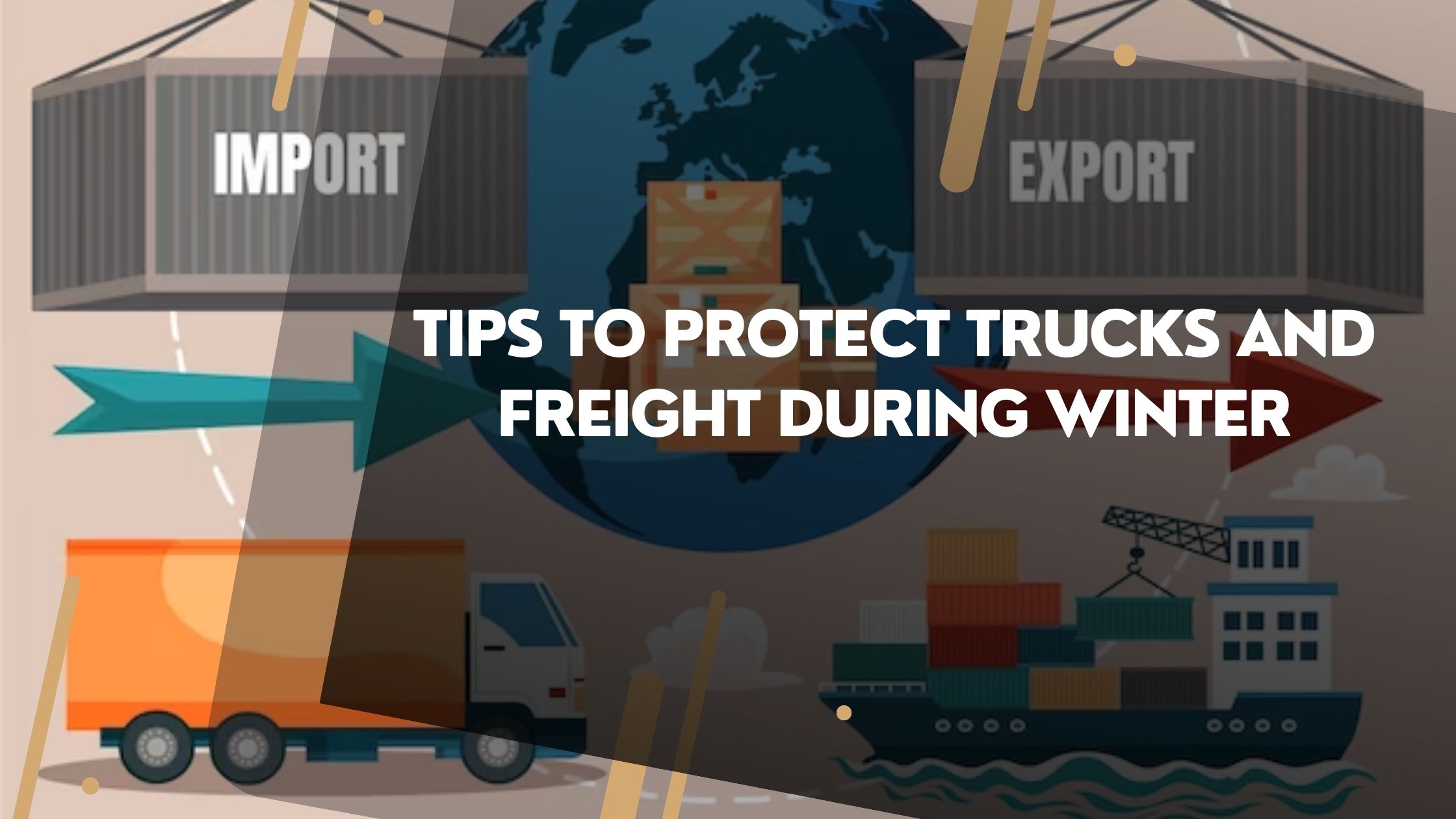Key Highlights
- Freight services are super important for making sure things get from one place to another smoothly in the supply chain.
- With options like air, ocean, and ground shipping, there’s a variety of ways goods can be transported.
- By cutting down on how long it takes to move stuff around and helping save money, freight services USA make the whole supply chain work better.
- Dealing with customs rules and caring about the environment are some hurdles in freight shipping.
- Cool tech stuff like IoT (Internet of Things) and blockchain is changing the game in how we manage freight.
- Looking at real-life examples shows just how crucial good logistics and transportation solutions are for moving goods efficiently.
Introduction
Handling the flow of goods from start to finish is no small task. It’s all about making sure everything, from buying materials to getting products into customers’ hands, works smoothly together. This includes storing stuff, making things, and moving them around. A big piece of this puzzle is moving items from one place to another – that’s where freight services step in.
Freight services are super important for keeping everything running like clockwork in managing how goods get around. They help move items whether it’s a short trip or across countries, linking up everyone involved – like those who make the products, sell them or buy them.
In our chat today we’re diving deep into what makes freight services so vital for supply chains everywhere. We’ll look at why they matter so much, freight shipping, different kinds available, warehousing, ways they make things more efficient challenges faced while sending stuff places new tech on the scene and real-life stories of when things went just right thanks to top-notch freight handling.
Getting why freight services are key helps businesses fine-tune how they send out their products which means happier customers at the end of the day.
Understanding Freight Services in Supply Chain Management
Supply chain management is all about moving stuff from one place to another, making sure it gets where it’s supposed to go quickly and without wasting too much money or time. Freight services are super important in this whole thing because they help move everything around.
When we talk about freight services, we’re talking about moving goods using planes, ships, and trucks. The people who make this happen are called freight forwarders. They know a lot about logistics and transportation and their job is to make sure things get picked up from the supplier and dropped off with the customer just right. This includes organizing the transport of goods directly from a manufacturer to the final distribution point, making freight services a crucial aspect of supply chain management.
The main aim of using freight services in supply chain management is pretty straightforward: get goods delivered on schedule, keep them in good shape along the way, and don’t spend more money than you have to. To do this well involves a bunch of steps like packing things properly, labeling them clearly so everyone knows what’s what; handling paperwork for customs; clearing items through customs without delays; keeping an eye on where everything is while it’s traveling.
Transportation isn’t just a part of the process—it’s crucial for making sure that every step before it doesn’t go waste by ensuring efficiency throughout your entire supply chain operation. By leaning into these kinds of shipping solutions businesses can streamline how they send out products which means saving cash over time as well as boosting happiness levels among customers.
The Importance of Freight Services
Freight services are super important for managing the supply chain well. For starters, they make sure products move from where they’re made to where they need to go quickly. This is key for keeping things running smoothly and making customers happy.
With freight services, companies can also send their stuff all over the world. They help figure out how to deal with customs and rules so that everything moves across borders without a hitch.
On top of that, using freight services smartly means spending less money on moving goods around. By choosing the best ways and routes to ship products, businesses can save cash which helps them earn more in the long run.
In short, freight services keep everything flowing nicely in the supply chain. They help companies deliver goods fast, reach far-off markets easily, and cut down costs—all of which makes customers happier and helps businesses grow.
Types of Freight Services: Air, Ocean, and Ground
When it comes to moving stuff around, there are a bunch of different freight services out there. Each one is designed for certain kinds of shipments. Let’s break them down:
- Air Freight: This is your go-to if you need something delivered super fast and it’s pretty important or expensive. It can get your items from point A to B all over the world, hitting up more than 220 countries with speedy and reliable service right to the doorstep.
- Ocean Freight: If you’re not in a huge rush and have got loads of heavy or big things to ship, ocean freight is where it’s at. Your goods will travel by sea on large ships, cruising along major trade paths across the globe.
- With Less-than-Truckload (LTL) Freight, we’re talking about when you’ve got stuff to send but don’t need an entire truck for it. It’s easier on the wallet for smaller batches of goods and works great for shorter distances within regions or locally.
- Then there’s Ground Shipping which covers everything that moves by land like full trucks (truckload) or part trucks (LTL). Perfect for when what you’re sending needs to stay within country borders offering both flexibility in how much space you use and reliability in getting there.
- Lastly,Multimodal Freight mixes things up by using two or more types of transport—like air, sea, and ground—to make sure businesses can move their products efficiently no matter what their requirements are.
By getting a handle on these options, freight services, including specialties like air freight, less bulky shipment solutions such as ltl freight, vast cargo movements through ocean freight, and versatile domestic movement via ground shipping methods including both truckloads & ltl scenarios; companies can pinpoint exactly which route best fits their shipping demands. Check out some of the largest LTL and FTL carriers in the USA:
How Freight Services Enhance Supply Chain Efficiency
Freight services are super important for making the supply chain work better. By using smart ways to move stuff around, companies can get some great perks:
- With things like air freight, goods get delivered much quicker. This cuts down on waiting times and makes sure customers get what they ordered without delay.
- When businesses figure out the best ways and routes to ship products, they spend less money getting items from point A to B. This saves costs in a big way across their whole operation.
- Quick deliveries make customers happy because they don’t have to wait long for their purchases. Happy customers often come back for more.
- Also, when shipments move faster, companies don’t need to keep as much stock lying around. Less stock means lower costs for storing goods since you’re restocking more efficiently.
So by adding efficient freight services into how they manage moving products around (supply chain management), businesses can be more efficient save money and make their customers happier.
Reducing Transit Times
Using freight services to make things move faster is a big plus for managing how goods get from one place to another. When businesses can send stuff quicker, they’re able to get orders into their customers’ hands sooner. This makes the wait time shorter and people happier.
For getting things places fast, air freight is top-notch. It offers service that’s right on schedule and goes directly from where it starts to where it needs to end in over 220 countries. This method is super useful when you’ve got items that need moving quickly or are worth a lot of money.
On the road, choosing some of the biggest less-than-truckload (LTL) carriers also helps speed up delivery times. These companies have really wide networks which means they can move goods efficiently and swiftly.
By making transit times shorter, companies not only make their supply chain work better but also keep up with what their customers want more smoothly. Plus, this quickness gives them an advantage over others in the marketplace.
Improving Cost Efficiency
Using freight services can really help businesses save money in managing their supply chains. By figuring out the best ways to move stuff around, companies can cut down on what they spend getting products from point A to B, which means they might make more money in the end.
For shipments that aren’t big enough to fill a whole truck, less-than-truckload (LTL) options are pretty smart. They let you combine smaller loads into one trip. This way, you’re not paying for space you don’t need and it’s easier on your wallet.
The type of goods being shipped matters too because of something called freight class. The National Motor Freight Classification (NMFC) sorts items based on how heavy or bulky they are among other things like how easy they are to handle or how risky they might be during transport. Knowing about this helps companies figure out cheaper ways to ship their products.
In short, by choosing smarter freight services and planning better for transportation needs, businesses can lower expenses and boost profits while making sure their supply chain runs smoothly.
Challenges in Freight Shipping and Solutions
Freight shipping comes with its own set of hurdles that companies must jump over to keep things running smoothly and make sure their supply chain is efficient. Here’s what they’re up against:
- Dealing with Customs and Rules: When it comes to international shipments, there are a lot of complicated customs procedures and rules that have to be followed closely. This means having someone who really knows the ins and outs of all the paperwork and staying on top of compliance.
- Taking Care of the Planet: Nowadays, being kind to our planet is more important than ever. Companies involved in freight shipping need to think about how they can ship goods without harming the environment too much. This includes looking into ways to reduce their carbon emissions.
By figuring out how to clear customs quickly and by moving towards more environmentally friendly logistics methods, businesses can tackle these issues head-on. This way, they’ll improve their freight shipping processes as part of managing their supply chain better.
Navigating Customs and Regulations
When it comes to moving goods across borders, understanding and following the rules for customs is super important. This is especially true if you’re sending things to another country. Every place has its own way of doing things when it comes to bringing in stuff from outside.
For businesses that want their international shipments to go smoothly, here are a few tips:
- Work with freight forwarders who know a lot about shipping internationally and how to handle all the paperwork.
- Keep up with any new rules or requirements for getting your goods through customs.
- Make sure all your documents, like invoices, packing lists, and declarations for customs are filled out right and completely.
- Use technology that helps make dealing with customs easier.
Doing these things can help avoid delays or problems when clearing customs. It makes sure that whatever you’re sending gets where it’s going on time without too much hassle.
Addressing Environmental Concerns
As more people realize how important it is to take care of our planet, businesses involved in moving goods from one place to another are starting to do their part. They’re figuring out ways to be kinder to the environment while still getting their jobs done.
To make freight shipping better for the earth, companies can:
- Choose transportation methods that don’t harm the environment much, like trucks and ships that run on electricity or a mix of fuel and electric power.
- Make sure places where they store and handle goods use less energy.
- Plan smarter travel routes and put as much stuff into each shipment as possible so they use less gas or diesel.
- Pick materials for wrapping up products that won’t hurt the planet. Encourage everyone to recycle things instead of throwing them away.
By taking these steps, companies help create a supply chain that doesn’t damage our surroundings. This change meets what lots of customers now want: options that aren’t harmful to our world when it comes time
Technological Advancements in Freight Services
Thanks to new tech, the world of freight services has seen a big change. Now, things are more efficient and it’s easier to keep an eye on where stuff is in the supply chain. Here are two cool tech advancements that have made a difference:
- With IoT (Internet of Things), you can watch your shipments move in real-time. It works by putting tiny trackers on containers or packages so companies know exactly where their goods are at all times.
- Blockchain technology helps make sure every transaction is recorded safely and clearly. This means less chance for mistakes or shady business and makes it simpler to follow items back through their journey.
By using these technologies, businesses can make their freight operations smoother, get better info, and manage everything from start to finish way better.
The Impact of IoT and Blockchain
With the introduction of IoT and blockchain, the freight shipping world has seen big changes. These advances have made supply chains more efficient, easier to trace, and transparent.
Thanks to IoT, companies can now track their shipments in real time. They use sensors and gadgets that talk to each other so they know exactly where their goods are at all times. This means they can manage their stock better, cut down on thefts, and make customers happier because they’re always in the loop about where their orders stand.
On another front, blockchain acts like a super secure ledger that everyone trusts because it’s hard to mess with. In terms of freight shipping, this technology makes sure every deal is recorded clearly without any chance for foul play. It smoothens out things like going through customs or settling payments without too much hassle.
By using both IoT and blockchain together businesses get a clearer view of how everything moves along in the supply chain from start to finish which leads not only towards being more organized but also digging deep into data analytics for smarter decisions making processes related specifically towards improving efficiency within freight shipping operations.
Advancements in Logistics Software
With the help of new logistics software, managing and making freight services better has become a lot easier. This kind of software gives companies all they need to make their supply chain work smoother.
In this setup, you’ll find tools like transportation management systems (TMS), warehouse management systems (WMS), and stuff that helps with understanding your supply chain better. These features are great because they let companies do things automatically, pick the best paths for transport, keep an eye on shipments, and look at data to make smarter choices.
By using logistics software, businesses can:
- Get better at keeping track of inventory.
- Find the best ways and means for moving goods.
- Make storing goods in warehouses and sending them out more efficient.
- Use data to spot where things get stuck or could be done faster in getting products from A to B.
So basically, these improvements in logistics software have changed the game when it comes to handling everything that gets a product from its starting point to customers. It’s made operations run more smoothly while cutting down costs and making customers happier too.
Case Studies: Successful Freight Management
Managing freight well is key to making sure things in the supply chain run smoothly. Let’s look at two real-life examples that show how important good logistics and moving stuff around are:
- In the first example, Company X, which sells things all over the world online, made its supply chain better by using a system to manage transportation and choosing both air and ocean freight services. This led to getting products to customers faster, spending less on moving goods, and happier customers.
- For our second story, we have Company Y, a company that distributes products in its region. It worked with an outside expert in logistics (a 3PL) to make shipping more efficient. With help from this partner’s knowledge and connections, they found quicker routes for shipments reduced time it takes for deliveries significantly improved accuracy of orders.
These stories prove just how much improving how you handle freight can boost efficiency in your supply chain reduce costs involved with shipping increase overall satisfaction among your customers.
Industry-Specific Examples
Freight services are super important for managing the supply chain in different industries. For instance, in manufacturing, they need to move raw materials and parts quickly to where things are made. This is where freight shipping comes into play, making sure everything gets there on time so production can keep rolling without a hitch and customers get what they ordered.
In retailing too, these services make a big difference by moving goods from warehouses right to the stores. Retailers count on good logistics and freight shipping so their shelves stay full with exactly what people want to buy. If something goes wrong here, it could mean empty shelves and unhappy shoppers. Additionally, freight services play a crucial role in supply chain management for small businesses. As a small business grows, efficient distribution becomes increasingly important, and our distribution solutions can offer relief to those growing pains.
With more folks shopping online now than ever before, e-commerce businesses really depend on reliable freight services as well. They need this kind of shipping to be both quick and not too pricey so that all our online purchases land at our doorstep just like we expect them to.
Lessons Learned and Best Practices
In the world of supply chain management, we’ve picked up a few key tips from using freight services. For starters, it’s crucial to manage logistics well. This means finding the best ways to get things from point A to B by making routes more efficient, putting shipments together when possible, and keeping an eye on them with tracking tech. This can really make freight services, such as those offered by Fulfillment Hub USA, work better.
On top of that, working closely with trustworthy carriers and brokers is super important. By teaming up with them, companies can get their hands on better deals, have more options for how they ship stuff out there in the big wide world and make sure everything gets where it needs to go right on time.
When it comes down to doing freight right; packing goods properly and sticking labels on them makes a huge difference in avoiding any mess-ups or mix-ups while they’re moving around. Also,, businesses should take some time now then look back at their shipping habits to find smarter ways to do things and save a bit of money along the way, especially when it comes to shipping dangerous goods. Lessons learned and best practices, such as staying current with transport regulations and utilizing resources like the FAA, are crucial in ensuring safe and efficient transportation of dangerous goods.
The Role of Freight Brokers in Supply Chain Management
Freight brokers are super important in the world of supply chain management because they help connect businesses that need to send stuff with companies that move things around. They’re like the middlemen who make sure goods get from point A to B without any hiccups.
By working with freight brokers, businesses can save money and time when it comes to shipping their products. These brokers have a big network of carriers at their fingertips, which means they can find great deals and reliable options for moving goods in the USA. With their deep understanding of how transportation works, freight brokers are pros at figuring out the best ways to ship items efficiently.
On top of finding good shipping routes, these folks take care of all the paperwork and other boring tasks related to sending packages across distances. This includes making sure everything’s covered by insurance and getting through customs smoothly so companies don’t have to sweat over these details.
For those times when a business only needs to ship something now and then or just once in a blue moon, having a freight broker is especially handy. Instead of trying to figure out all the ins-and-outs of freight shipping themselves, supply chain, transportation services, logistics involved become someone else’s problem – namely, the broker’s.
What Freight Brokers Do
Freight brokers are the go-to folks when a business needs to move goods from one place to another. They’re like the middlemen, hooking up companies with carriers that best fit their shipping requirements. With a huge network of carriers at their fingertips, these brokers can snag deals that are both easy on the wallet and reliable.
Starting off with finding just the right carrier for the job, freight brokers don’t stop there. They dive into all sorts of paperwork stuff too – think bills of lading and customs forms – making sure everything’s in line with regulations. Plus, they’ve got tracking covered so businesses can keep an eye on where their shipments are at any given moment.
With knowledge about all things transportation – including rules of the road (or air or sea), different routes you can take, and who’s who in carrying cargo – freight brokers make complicated logistics seem simple. This expertise is especially handy when it comes to moving stuff across borders within North America; they smooth out those tricky cross-border details ensuring goods get where they need to go without a hitch.
In essence, for anyone needing freight shipping services in North America, turning to a freight broker in USA means getting your transport needs sorted efficiently and effectively—from negotiating better pricing on transporting your shipment to handling complex logistics, leaving no stone unturned until your goods reach their destination safely.
Choosing the Right Freight Broker
When it comes to making your supply chain better and smoothing out how you send stuff, picking the right freight broker is key. Here’s what to keep in mind when choosing one:
- Experience and Expertise: Go for a freight broker who knows their stuff because they’ve been around the block. They should know all about moving goods like yours and get what your industry needs.
- Carrier Network: Look at how big and wide-reaching their network of carriers is. A bigger network means you’ll have more choices and can find better deals.
- With technology integration, check if the freight broker uses cool tech tools that let you see where your shipments are in real-time. This makes talking with them easier too.
- Customer Service: Make sure they’re quick to respond and ready to help with whatever you need during shipping. Good service means they keep you updated without having to ask constantly.
- Price Transparency: You want a freight broker who’s upfront about costs so there won’t be any nasty surprises later on regarding pricing or extra charges.
By looking closely at these points while keeping an eye on what specifically works best for sending off your products, finding that perfect match for handling all things related to shipping within your supply chain becomes much simpler.
Future Trends in Freight Services
In the world of moving goods around, things are always changing because of new tech, how people shop differently now, and worries about the planet. Here’s what’s happening that could change how we get stuff from one place to another:
- Sustainability and Green Logistics: Everyone is starting to care more about our planet. So, companies that move goods are trying to do it in a way that doesn’t hurt the environment as much. They’re looking into using different kinds of fuel that aren’t so bad for the air, figuring out better ways to plan their routes so they don’t drive unnecessary miles, and putting money into making everything they use friendlier for nature.
- The Rise of E-commerce and its Impact on Freight: Buying things online has really taken off lately and it looks like it’s going to keep growing. This means there’s a bigger need than ever for services that can deliver packages quickly and reliably right to your doorstep. The industry is shifting gears to make sure they can handle all these internet orders smoothly with special delivery options just for this purpose.
For businesses involved in getting products where they need go (that’s freight services), keeping up with these changes is key if they want stay ahead in game . Embracing eco-friendly methods while also getting good at delivering online shopping hauls efficiently will help them meet what customers expect today.
Sustainability and Green Logistics
With the environment in mind, the freight industry is putting a lot of effort into being more sustainable and adopting green logistics. The goal here is to make sure that moving goods around does as little harm to our planet as possible while still getting things done efficiently.
At the heart of this push towards sustainability are efforts to switch up how things are powered. Instead of relying on old-school fuels, companies in freight services are looking at electric or hybrid options for their vehicles. They’re also using smart tech to figure out better ways to get from A to B without wasting fuel or creating unnecessary pollution.
On top of that, there’s a big move toward cutting down on packaging waste. Companies want to use less stuff wrapping products and prefer materials that won’t hurt the earth. This not only helps reduce trash but makes it easier fit more items together during transport which can lead directly into fewer trips needed overall.
Another key strategy involves making sure trucks aren’t driving around empty or stuck in traffic too much by planning routes smarter and sharing loads when possible within supply chain operations . It’s all about lowering those carbon emissions every step of way .
By sticking with these greener practices , businesses involved in logistics and freight services show they care about keeping our world clean . Plus , it boosts their image among customers who value environmental responsibility .
The Rise of E-commerce and its Impact on Freight
The growth of e-commerce has revolutionized the retail landscape, and its impact on freight services is significant. Here are some key statistics that highlight the influence of e-commerce on freight shipping in the United States:
|
Statistic |
Value |
|
E-commerce sales in the United States (2020) |
$791.7 billion |
|
Year-over-year growth of e-commerce sales |
32.4% |
|
Percentage of total retail sales (2020) |
14.0% |
|
Estimated parcel volume in the United States |
100 billion parcels (by 2023) |
|
Last-mile delivery market size (2020) |
$58.5 billion |
|
Year-over-year growth of last-mile delivery |
22.0% |
These numbers demonstrate the exponential growth of e-commerce and its impact on freight services. The increasing volume of online orders has led to higher demand for efficient and reliable shipping solutions. Freight carriers have adapted to meet this demand, offering specialized services for last-mile delivery and optimizing their logistics networks to handle high volumes of small parcels. As a result, shippers can now enjoy easy-to-use tools such as tracking and shipment management, as well as requesting quotes and pick-ups, making their freight shipping experience more efficient and simpler.
Conclusion
Freight services are super important for making supply chain management better by making things more efficient and cutting down on how long it takes to move stuff around. It’s really important to get the hang of different kinds of freight services, like those that use planes or trucks, because this can make your operations smoother. Dealing with tricky stuff like customs rules and worrying about the environment is a big part of shipping without hiccups. Using cool tech advancements such as IoT (Internet of Things) and blockchain is changing the game in managing freight. By looking at examples where things went right and following top tips, companies can keep up with changes in how freight services work.
Looking forward, keeping an eye on trends like being eco-friendly and how online shopping keeps growing will be key for businesses that want to do really well in managing their supply chains. Getting why these shifts matter helps businesses stay ahead when it comes to dealing with moving goods from one place to another.
Frequently Asked Questions
What are the key elements of freight services in supply chain management?
In supply chain management, the important parts of freight services are making sure goods move smoothly, managing logistics well, working closely with transport partners, ensuring items are packed and labeled correctly, and keeping an eye on shipments as they happen.
How can businesses choose the most efficient freight service?
When picking the best freight service, companies need to think about a few important things. These include how long it takes for goods to be delivered, how much it costs, if the service is dependable, where they deliver to, and how good their customer support is. On top of that, looking into the carrier’s network reach, how well they use technology and their knowledge in this field can really help businesses make a smart choice.

